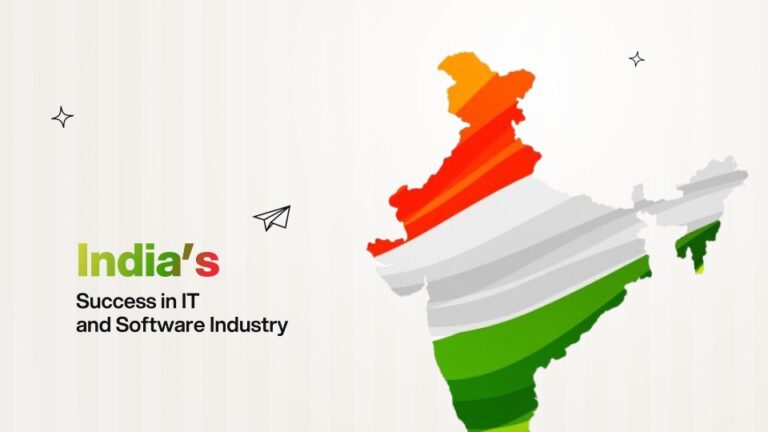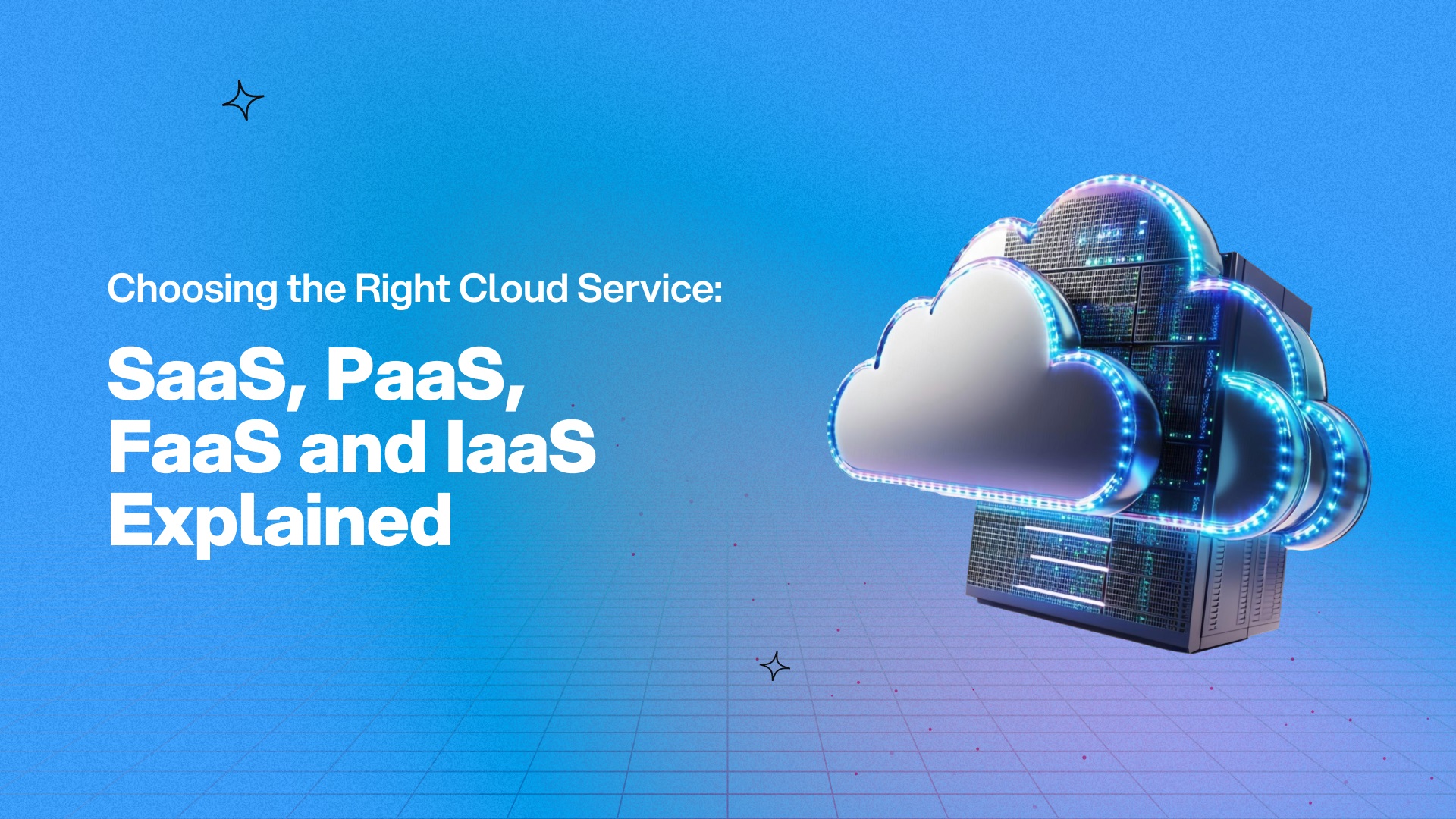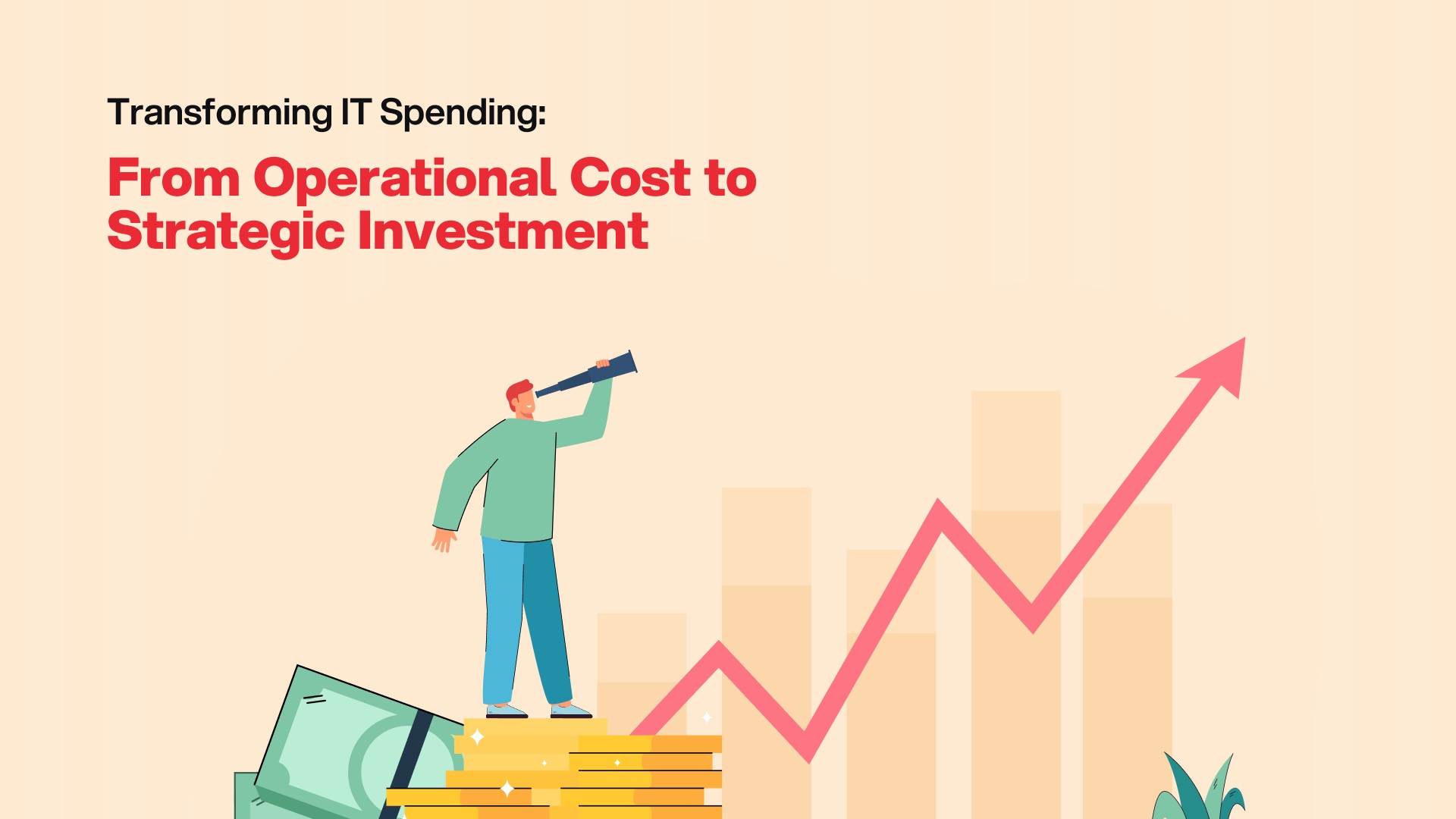
Contents
IT outsourcing in India has become a cornerstone of the country’s economic growth. Not only is it driving innovation, but it’s also fostering strong global business partnerships. Thanks to a vast pool of skilled professionals, competitive costs, and a thriving tech ecosystem, India has firmly established itself as the world’s leading destination for IT outsourcing.
Furthermore, the country’s IT sector, supported by proactive government policies and substantial foreign investments, continues to grow. It offers top-tier software development, business process outsourcing (BPO), and IT services to enterprises worldwide. As a result, India’s outsourcing industry plays a pivotal role in shaping the nation’s digital future and reinforcing its status as a global tech powerhouse.
India as an Economy
India, among the world’s fastest-growing economies, aspires to achieve a high middle-income status by 2047 and aims for net-zero emissions by 2070. The economy has made noteworthy progress in reducing poverty. Nevertheless, it still faces challenges such as consumption inequality, high child malnutrition, and concerns over job quality.
The economy of India at a glance
| Gross Domestic Product | ||
| Annual GDP | USD 3.57 Trillion (2023) | |
| GDP Per Capita | USD 2,481 (2023) | |
| Income Category | Lower-middle Income (2025) | |
| People | ||
| Population | 1.5 Billion (2025) | |
| Literacy Rate | 77% (2023) | |
| EF English Proficiency Index | Low Proficiency (2024) | |
| IT Sector | ||
| IT Services Market Size | USD 29.95 Billion (2025) | |
| IT Outsourcing Market Size | USD 12.7 Billion (2025) | |
| Registered Software Companies | 65,800+ (2025) | |
| Business Environment | ||
| Ease of Doing Business | Rank: 63 | Score: 71 (2020) | |
| Political Stability Indicator | Percentile Rank: 21.3 (2023) | |
| Corruption Perceptions Index | Score: 39/100 | Rank: 93/180 (2023) | |
The Growth Story of the Indian IT and Software Industry
The software industry in India, a crucial subsector of the IT industry, has played a vital role in the country’s socioeconomic development. Despite modest beginnings land lacking proper infrastructure, India’s software industry experienced exponential growth in the 1990s, fueled by governmental support, a large and well-educated English-proficient population, cost advantages, and an open market. Initially focused on providing services to foreign clients, the sector evolved post-2000, attracting multinational companies to set up IT, BPM, and R&D facilities in India. With substantial government backing, improved digital and educational infrastructure, and significant foreign direct investments, India’s software industry is poised for leadership in technological innovation alongside the broader IT industry.
The Indian IT industry has undergone a remarkable transformation over the past three decades, evolving from a marginal contributor to the country’s GDP to a dominant force, now constituting over 8% of the GDP. Indian IT companies, with a significant presence in the global market, have played a pivotal role in sectors like pharma, travel, banking, agriculture, education, and aviation, fueled by advancements in Cloud Computing, Artificial Intelligence, and Blockchain. Notably, India’s IT sector experienced a growth rate of 15.5% in early 2022, outpacing the country’s overall economic growth. The proliferation of startups, innovative solutions, and a focus on global delivery models contribute to the sector’s promising future. However, challenges such as semiconductor technology development, ensuring a personalized user experience, and combating cybercrime loom large and require concerted efforts for sustained growth and security.
The Startup Triumph in India
As of October 2023, India has secured its position as the third-largest startup ecosystem worldwide, boasting 111 unicorns with a combined valuation of $349.67 billion and a total of 112,718 startups officially recognized by the Department for Promotion of Industry and Internal Trade (DPIIT) spread across 763 districts in the country. The public authority has recognized startups solving problems in 56 diverse industrial sectors with 13% from IT services, 9% healthcare and life sciences, 7% education, 5% agriculture, and 5% food & beverages. All startups use technology to develop and manage their products and services. Such an abundance of startups in the economy creates employment opportunities for a significant number of fresh graduates and experienced IT professionals.2
An Offshoring Destination for Global IT Companies
India, a major offshoring destination for global IT companies, places significant importance on the business process management (BPM) market. The IT-BPM sector contributed 7.5% to India’s GDP in the fiscal year 2023. In the fiscal year 2021, the IT sector’s export value exceeded $149.1 billion, with banking, financial services, and insurance (BFSI) leading in exports. The IT-BPM industry generated over three million direct employment opportunities in India in the fiscal year 2016. The future holds promise with the integration of BPM and robotic process automation (RPA), fostering enhanced partnerships and anticipated revenue growth in India’s rapidly expanding IT and BPM industry.3
FDI Empowering India’s Developer Community
In the fiscal year 2023, the computer hardware and software sector in India received the highest share of foreign direct investments (FDIs), totaling over nine billion U.S. dollars. Meanwhile, the services sector follows closely at over eight billion dollars. Additionally, the business services sector has garnered significant attention from foreign investors. This is likely because approximately 65% of registered foreign companies in India fall under this category.
Microsoft India introduced the “Future Ready Champions of Code” program in December 2022, aiming to skill, certify, and provide solutions for software developers in India. The initiative seeks to equip over 100,000 developers with the necessary skills, tools, and resources to contribute to India’s growth. In a country rapidly advancing toward digitization, developers are recognized as crucial contributors, with India hosting the world’s second-largest and youngest developer population. Microsoft emphasizes the importance of empowering developers to facilitate organizational transformation, innovation, and efficiency. The program will offer resources for learning, practicing, and obtaining globally recognized Microsoft cloud certifications. With the technology landscape evolving, there is a heightened focus on cloud computing and coding skills, essential for success in the digital economy.
40th Rank in the Global Innovation Index 2023
In the Global Innovation Index (GII) of 2023, India secured the 40th position. Leading the lower middle-income group, India demonstrated strength in all innovation pillars except for Infrastructure. Noteworthy achievements include leading rankings in central and south Asian economies for Human capital and research (48), Business sophistication (57), and Knowledge and technology outputs (22). Strong indicators contributing to India’s performance include:
- 5th position in ICT services exports
- 6th in venture capital received
- 11th in graduates in science and engineering
- 13th in global corporate R&D investors
India ranked first among the 37 lower-middle group income and first among the 10 economies in Central and South Asia. The GII tracks the innovation ecosystem performance of 132 global economies and the most recent global innovation trends. In 2015, India stood at the 81st spot and has risen in the past eight years.
Find Your Perfect Software Outsourcing Partner
Unlock a world of trusted software outsourcing companies and elevate your business operations seamlessly.
Discover CompaniesTop IT and Software Companies in India
We have carefully studied publicly available information about software companies in India. From this, we have created a list of top companies that are employing a sizable number of software engineers and IT professionals in India.
National Association of Software and Service Companies (NASSCOM)
NASSCOM, established in 1988, serves as the apex body for the IT industry in India. It currently has membership of over 3000 software companies. These represent 95 percent of industry revenues. The organization aims to position India as a global hub for innovation. Consequently, it spearheads initiatives and programs to develop the technology sector both domestically and internationally. Its members are recognized for their active participation in the global economy, innovative business practices, social initiatives, and focus on emerging opportunities. Headquartered in Noida, Uttar Pradesh, NASSCOM specializes in policy advocacy, industry development, membership engagement, global trade, entrepreneurship, and sustainability.
The organization collaborates with central and state government ministries. This fosters relationships to advocate for policies that support the growth of India’s IT industry. The organization strives to position India as a global outsourcing hub for software development and IT services. It actively promotes the establishment of technology parks for research and encourages partnerships between educational institutions and the private sector. Through regular conferences, members are urged to adhere to fair-trade practices and uphold intellectual property rights. Additionally, NASSCOM advises members on new business opportunities and emerging global business norms and practices.
Reputed Institutions in India Renowned for Top IT Graduates
We reviewed the top 100 universities and higher education institutions in India to identify those producing the most IT graduates and software engineers. After a thorough analysis, we’ve selected the top 10 based on the number of alumni in IT and engineering roles. We have collected the related information and data from the National Institutional Ranking Framework (NIRF) website and the institutions’ LinkedIn pages.
India has firmly established itself as a global leader in IT outsourcing, driving economic growth, innovation, and employment. India remains a top choice for businesses seeking quality IT services, thanks to its large talent pool, affordable costs, and government backing. The growth of startups, increasing foreign investments, and innovations in AI, cloud computing, and blockchain strengthen its reputation as a global tech leader.
If you’re looking to leverage IT outsourcing in India and benefit from its thriving software industry, we can help you find the best outsourcing partners. Connect with Enosis Outsourcing today to explore top companies and unlock India’s vast potential in IT and software development.
References
[2] Indian Unicorn Landscape ↩
[3] Share of Information technology/business process management sector in the GDP of India from financial year 2009 to 2023 with estimate of 2025 ↩






